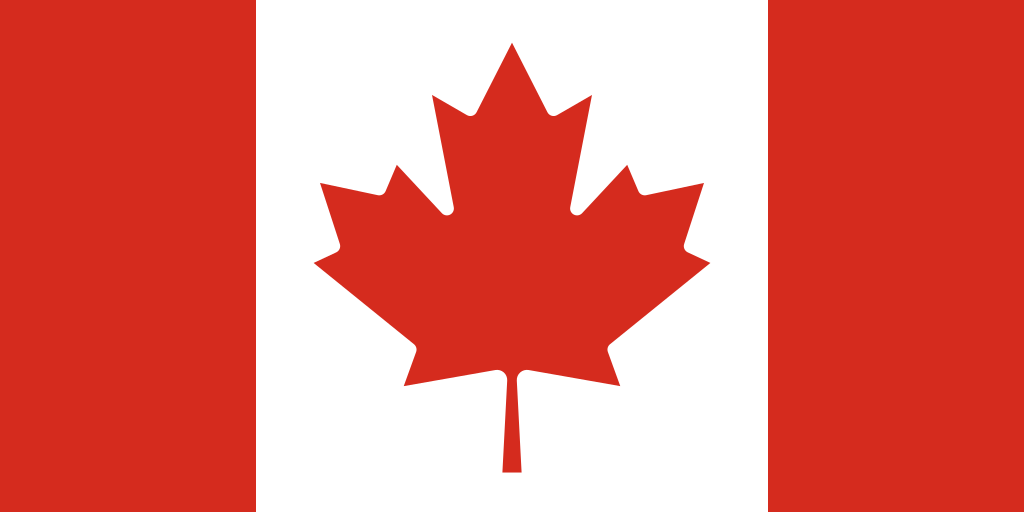Canada Outpaces Global Music Revenue Growth In 2015

The global music community celebrates a return to revenue positive in 2015 with a 3.2% growth of industry revenues to US$ 15 billion, while Canada more than doubles this upswing with an 8.3% increase, helping to make up for a double digit loss in 2014.
Driven by a strong release schedule and explosive growth in premium subscription services, largely the result of new entrants in the Canadian market, 2015 finished as an exceptional year for the Canadian music industry. In fact, three of the top ten global recording artists in 2015 were Canadian: Justin Bieber at number four, Drake at number nine and The Weeknd rounding out the top ten.
Despite these positive results however, it is too early to confidently declare a reversal in trends, given that losses in 2012 (-2.9%), 2013 (-5.4%) and 2014 (-11.0%) followed immediately after the positive 2011 figures (+3.1%), which marked the first revenue growth in this century in Canada.
Highlights of Canada’s 2015 Music Revenues:
* Digital revenues surge to 52% of total revenues (US$173.5 million), somewhat higher than the global share of 45%
* Premium streaming revenues explode in Canada, with a 151% increase (US$29.4m in 2015 v. US$11.85m in 2014), overtaking ad-supported streaming revenue, which only grew 32% (US$19.49m in 2015 v. US$14.76m in 2014)
* Physical revenues in Canada make up 35% of the market (US$ 118.9million), slightly lower than the global share of 39%
* Performance rights revenues are 11% in Canada compared to 14% globally
* Synchronization rights are 2% compared to 2% globally
In Canada, as in other countries around the world, a record volume of music is being consumed, yet artists and producers are not enjoying fair compensation, primarily because upload services like YouTube are not paying normal music licensing rates due to the misapplication of a legislative framework called “safe harbours”. This has created what is known as the “value gap”. Furthermore, the “value gap” has resulted in a distorted market, where premium services are forced to compete unfairly with other services that use copyrighted content to build their businesses, but do not pay fair rates.
“In Canada, where premium streaming has had such a significant positive effect on our market in 2015, the “value gap”, where ad-supported services benefit from lower-than-normal licensing rates, causes immense concerns,” says Graham Henderson, President & CEO of Music Canada. “We hope that legislators will work with the music community to address this market distortion and reduce the gap so that rights holders are compensated fairly for their work.”
Source: Music Canada


